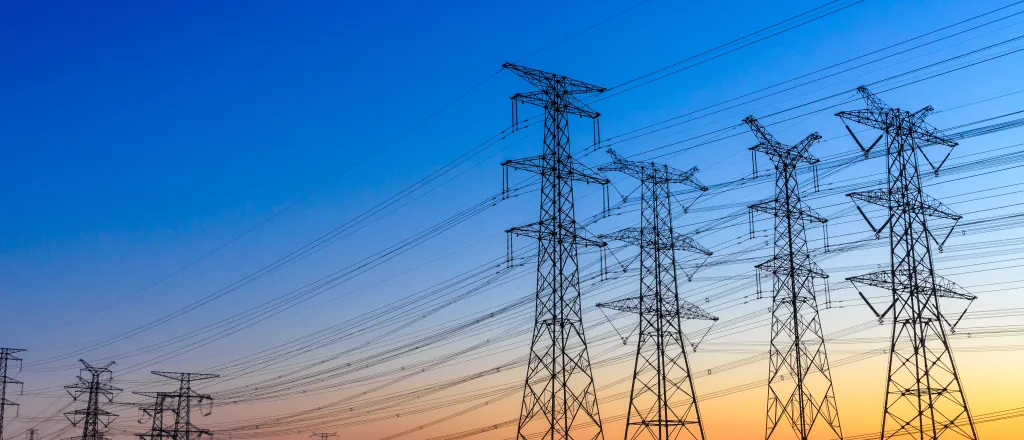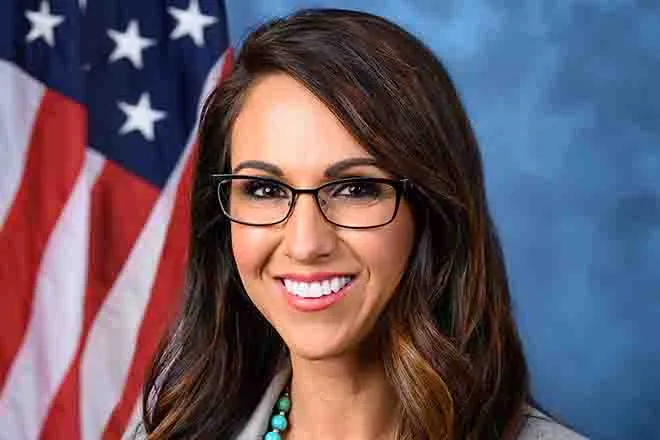
Utah looks to diversify energy portfolio as AI gains momentum
© zhaojiankang - iStock-802436842
Quick place to listen to this article.
Many contend Utah, like the greater United States, is facing an energy crisis, and the fast development and expansion of artificial intelligence could make the problem even worse.
It is estimated AI data centers will require 14 gigawatts of new power capacity by 2030. Estimates show one gigawatt alone is enough energy to power about 750,000 homes.

© Khanchit Khirisutchalual - iStock-1515913422
Governor Spencer Cox announced Operation Gigawatt late last year, an initiative he said will double Utah's energy production over the next decade. The main goals of the initiative are to increase transmission capacity, expand and develop more energy production, enhance Utah's policies and invest in Utah research.
Cox argued the state needs more energy.
"We've looked at the future and where we are headed," Cox explained. "We've made a determination that we have to do something bold. We have to change the way we develop power in the state of Utah, and we are so fortunate to live in a state where we have these opportunities."
Coal fuels almost 50 percent of Utah's total electricity net generation, according to the U.S. Energy Information Administration. Natural gas accounts for about 34 percent and the rest primarily comes from renewable energy. Cox and others want to diversify the state's energy portfolio and bring nuclear and geothermal power into the mix. Opponents of nuclear power said it is expensive and dangerous.
Dusty Monks, deputy director of the Utah Office of Energy Development, said while nuclear power has a smaller footprint and is a zero-emissions energy source, getting nuclear power to Utah could be a long and complicated challenge. The state does not currently have a nuclear reactor at a commercial scale.
"We need to make sure that we have a policy pathway, policies that allow for us to align with the Nuclear Regulatory Commission, that we are not an obstacle but we're in line with," Monks outlined. "Then as we talk about energy, or nuclear, we actually need to deploy a project."
Monks added his office will bring local, regional and national resources over the next year to consider what would be required to build a nuclear project in the Beehive State.















